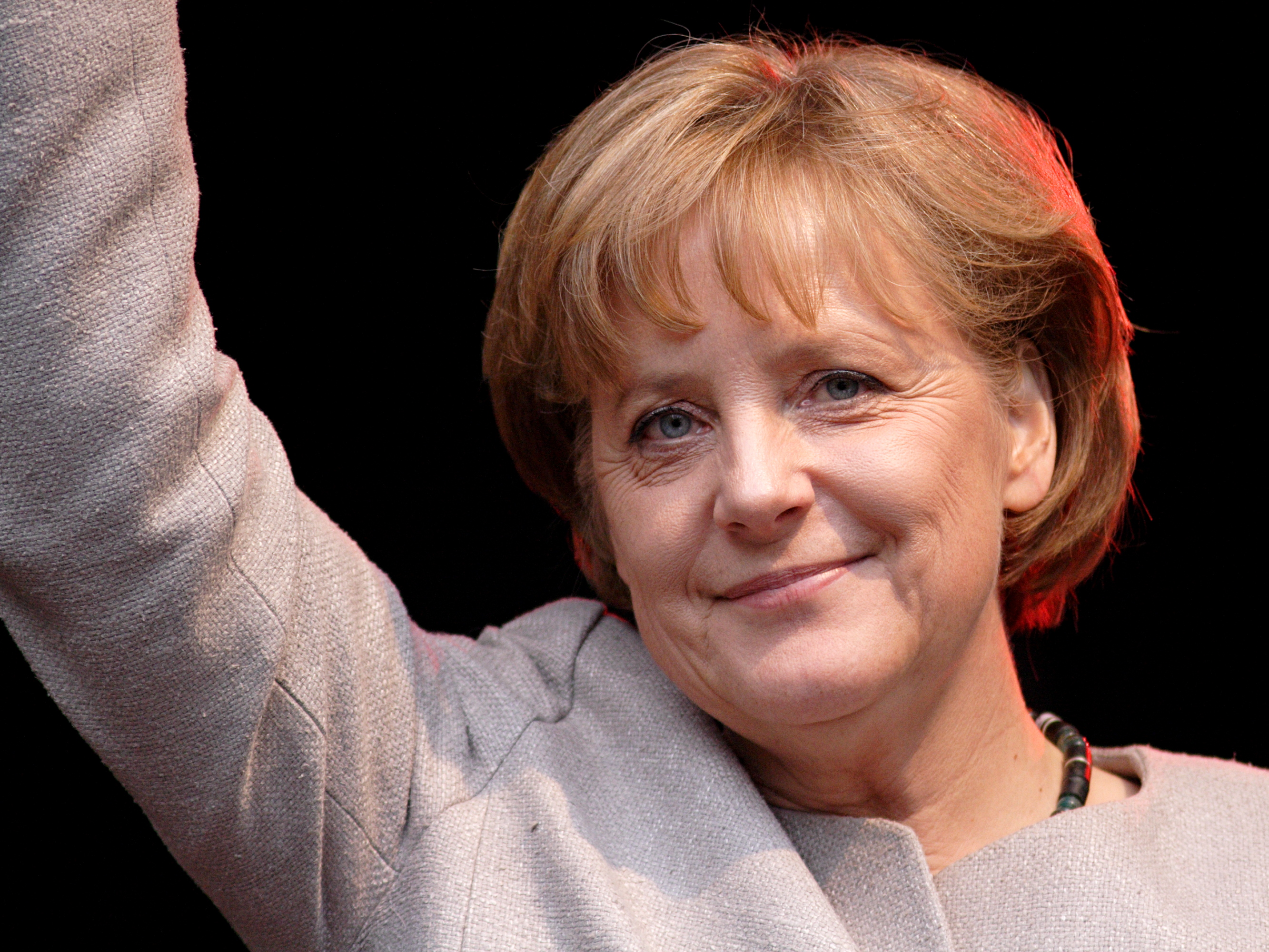

Brexit might be the biggest challenge European leaders may be facing in the coming year. But it's not the only one. The turmoil in the United Kingdom has overshadowed the possibility of another dramatic exit from the European scene — if German Chancellor Angela Merkel decides not to run for a fourth term.
Although Merkel is still likely to run, the chances that she will choose not to are higher than most people think. And her most likely successor — at least in the short term — would be a disruptive one: her powerful finance minister, Wolfgang Schäuble.
The idea that Merkel might not run became the subject of open speculation after a particularly bad performance by her party, the Christian Democratic Union, in her home state in September. A painstakingly deliberative politician, Merkel will not reach a decision until she absolutely must — when the CDU holds its party convention in Essen in early December. Her choice will ultimately reflect whether she believes she can still be an asset to the party's performance.
Should she choose to step down, there can be little doubt who would replace her. Schäuble is popular with the German population and CDU lawmakers; there is no other candidate from Merkel's party that could credibly compete with him.
Domestically, Schäuble would have far more political capital than Merkel. But his arrival to the chancellery would be greeted with serious concern in Paris, London and elsewhere in Europe and, indeed, the world. And rightly so. A Schäuble chancellorship could prove extremely damaging to the European Union; and for the eurozone, it would be potentially devastating.
Schäuble has established himself as a fiscal hawk; he frequently berates the European Commission for the fiscal flexibility it affords Southern members of the eurozone (unless they happen to come from the same political family as the CDU, in which case they're often given a pass). As chancellor, he would be expected to hoist himself above narrow fiscal questions and consider the longer-term consequences of Germany's decisions. Whether he would be able to make this transition is less than clear.
Only recently, Schäuble publicly blamed ECB President Mario Draghi's loose monetary policy for the rise of the far-right populist Alternative for Germany. During the Greek debt talks, he was famously in favor of Athens leaving the eurozone, and he might still be. If, say, Portugal needed another bailout — a possibility that is not entirely inconceivable — would he support it?
With Schäuble at the helm of Europe's largest economy, the politics of macroeconomic management in the eurozone would become even more toxic, as the mental and philosophical divide between Northern creditors and Southern debtors would deepen dramatically. Political relations between Berlin, Brussels and Frankfurt would sour, perhaps taking the current simmering tensions to the point of open confrontation — especially in the media.Domestic political relations would also worsen. With fewer seats available for centrist parties, another Grand Coalition with the center-left Social Democratic Party is likely, despite its long history of disagreement with Schäuble on policing, fiscal policy and pensions.
In the areas of immigration and security, Schäuble would also likely be to the right of Merkel. While it is unlikely that he would completely reverse her refugee policy, chances are that he would antagonize the SPD by proposing stringent e-surveillance and expedited expulsion procedures. Given his predilection for selectively applying EU rules, it is probable that he would look for ways to circumvent private sector burden sharing if an injection of German taxpayer money proved necessary for Deutsche Bank.
On foreign relations, it is unclear whether Schäuble would be willing to kowtow to an ever more authoritarian Turkish government, as Merkel has done and seems willing to continue to do. And his views on Russia, Syria and Ukraine are simply unknown.
The only silver lining of a Schäuble chancellorship would be that fact that he would have to adapt his conservative politics to his coalition partner — and, when it comes to the EU, to France's incoming president, most likely Alain Juppé or Nicolas Sarkozy. But one thing is clear. As EU leaders prepare for life without the Brits, they should also be thinking about a Germany — and an EU — without Merkel.
Mujtaba Rahman is the Head of Eurasia Group's Europe practice. This article originally appeared in POLITICO.